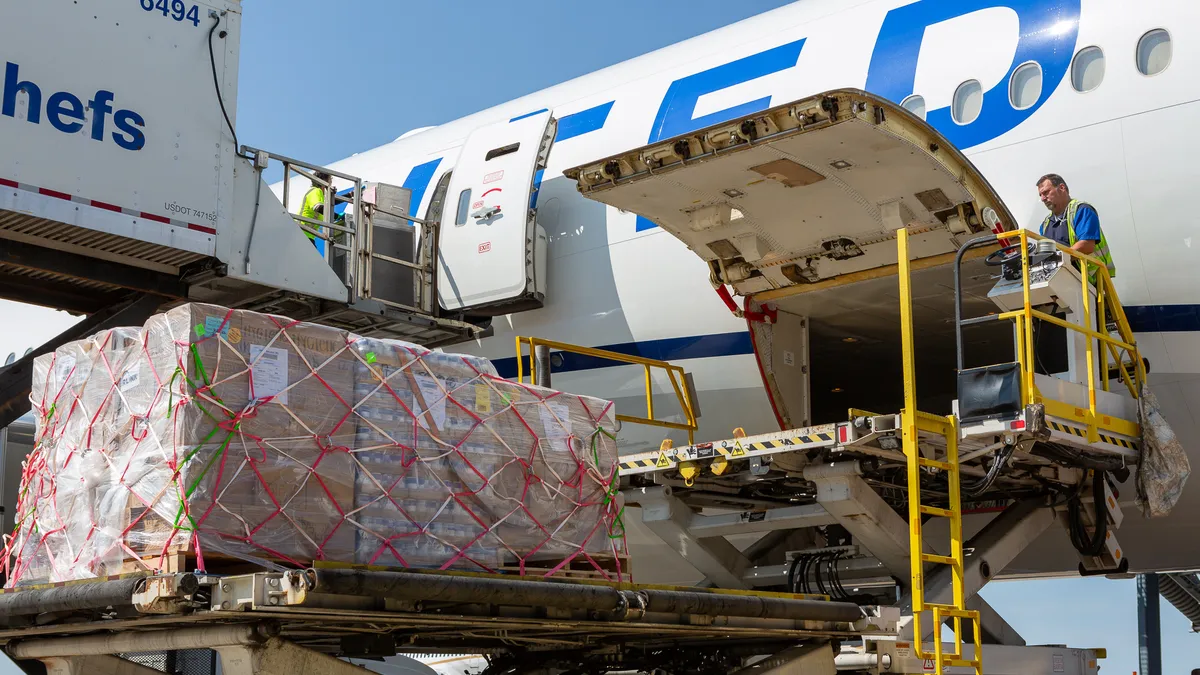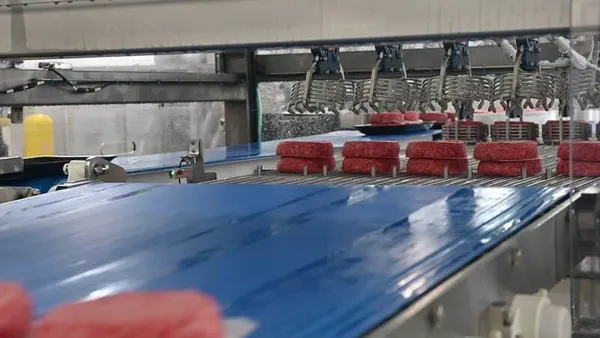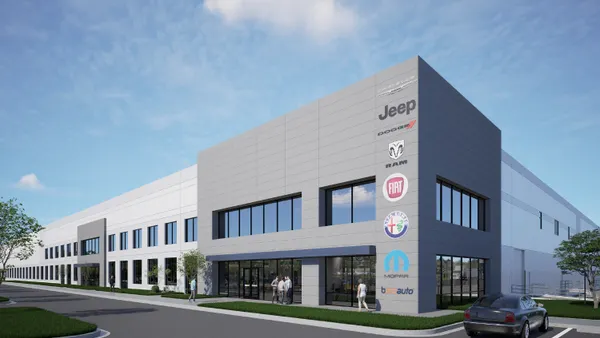Dive Brief:
- Zebra Technologies continues to move manufacturing operations out of China ahead of planned tariff increases, the company said on its third quarter earnings call.
- "We've already moved all the products that were impacted by list one, two and three," Zebra Technologies CEO Anders Gustafsson told CNBC earlier this week. "We're now in the middle of moving our list four products out."
- It is working to move the operations into other southeast Asian countries, but it has not provided specifics on location.
Dive Insight:
Zebra expects tariffs to have a $5 million to $10 million negative impact on its gross profits in the fourth quarter, CFO Olivier Leonetti said on an earnings call this week. These are the costs after the company has "substantially mitigated these tariffs through a combination of supply chain moves and pricing adjustments," he said.
"Starting midyear, we began executing on an initiative to diversify our global sourcing footprint to mitigate List 4 tariffs that were announced in August, which impacts mobile computers and printers," Leonetti said. "We're working with our contract manufacturing partners to replicate production lines in order to move most of our U.S. volumes to broader Asia."
And Zebra is not the only technology company feeling the pinch and making moves as a result. Earlier this month, Fitbit said it would move "effectively all" of its manufacturing out of China by January 2020 to avoid the tariff cost.
These supply chain shifts come even as the U.S. and China are inching toward a deal.
President Donald Trump said the two countries are working to find a location for the signing of the "Phase One of Trade Agreement" announced at the beginning of the month.
"The new location will be announced soon. President Xi and President Trump will do signing!" Trump tweeted Thursday morning.
Trump said earlier this month the agricultural part of the deal was substantial and suggested farmers should invest in more land and equipment. But U.S. Trade Representative Robert Lighthizer said this "phase one" deal does not affect the 15% tariffs on $160 billion of Chinese goods set to go into effect on Dec. 15.














